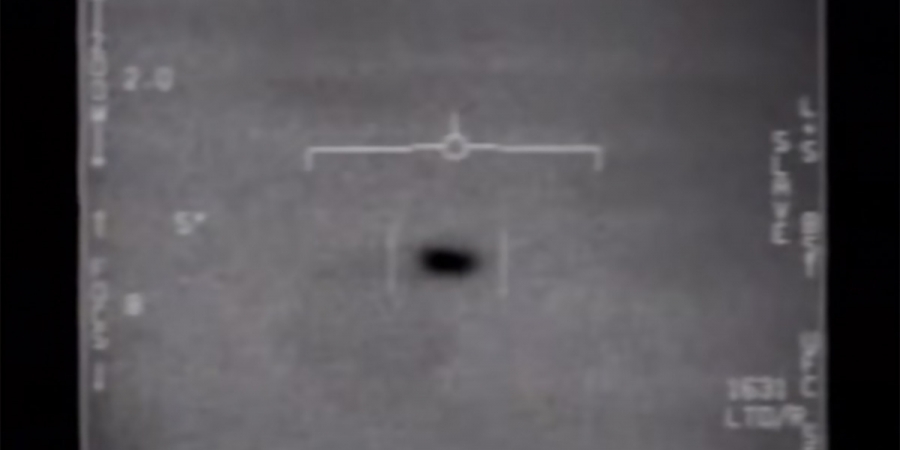

The possibility of full disclosure about UFOs, or as they're now often called, Unidentified Aerial Phenomena (UAPs), has been a hot topic in the paranormal world this week.
This conversation has been reignited following a Congressional hearing led by the US House Oversight Committee, which aims to push for transparency on the subject of UAPs. For UFO researchers and enthusiasts, this hearing brought a cautious hope for 'full disclosure' - the idea that governments might finally reveal everything they know about UFOs and potential alien visitations.
Yet, as has often been the case, the hearing provided little in the way of groundbreaking revelations. This raises an interesting question: Why do so many UFO enthusiasts place such importance on government verification when they simultaneously believe the government has been lying about UFOs for decades?
This paradox reflects a psychological phenomenon known as confirmation bias - the tendency to favour information that aligns with our pre-existing beliefs. Many UFO enthusiasts don't trust the government in general, particularly when it comes to concealing information about UFOs. Yet, paradoxically, they eagerly seek government confirmation of UFO existence. Essentially, it's a case of not believing what they are told until they are told something they want to believe.
For example, if the government were to disclose definitive proof of alien life, many enthusiasts would embrace this announcement despite decades of skepticism about official narratives. Conversely, when the government denies the existence of UFO-related secrets, this is often dismissed as part of an ongoing cover-up.
One of the central challenges in this discussion is the possibility that there simply isn't much to disclose. As was reiterated in this week's hearing, most UAP sightings are likely misidentified phenomena, such as drones, advanced military aircraft, or even weather events. Any secrets that governments may be keeping about UAPs are more likely tied to national security, involving experimental technology or foreign surveillance, rather than alien visitors.
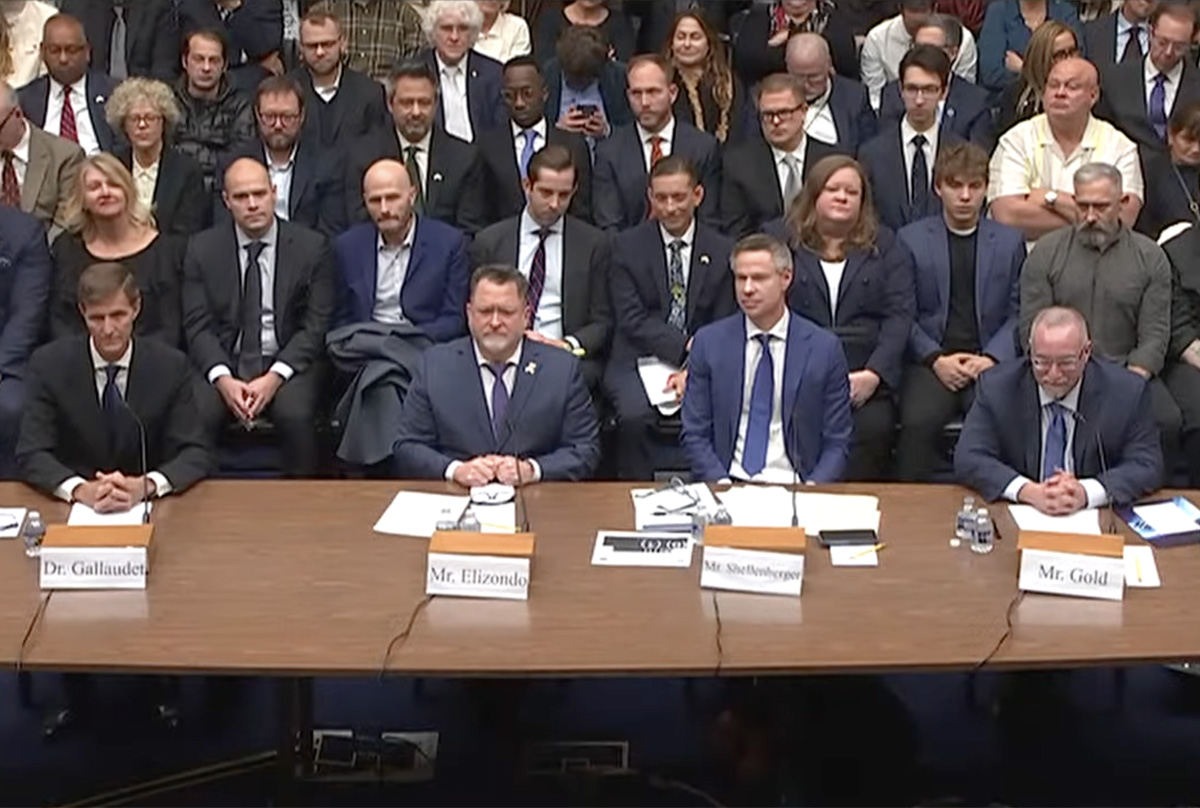
This is an important point. Governments have valid reasons to keep details about defence projects secret. Revealing the capabilities or limitations of experimental aircraft, for instance, could compromise a nation's security.
Even if the government were to announce that flying saucers had been visiting Earth since the 1950s, why should anyone believe this?
Such a statement could be just as much a fabrication as any alleged cover-up, potentially crafted to deflect attention from sensitive defence projects. This isn't without precedent. Take the infamous Roswell incident of 1947. Initially, the US government claimed that debris recovered from a crash was from a "flying saucer" to conceal the true nature of the event - debris from a top-secret Cold War project called Project Mogul, which used high-altitude balloons to detect Soviet nuclear tests.
However, this story was quickly retracted and replaced with the explanation that the debris was from an ordinary weather balloon. The change was made after the "flying saucer" claim drew too much attention, but the conflicting accounts inadvertently fuelled decades of conspiracy theories.
This example highlights how the government has a history of using UFO claims as a convenient cover for classified defence projects. In that context, even an official statement confirming alien technology could be viewed as another strategic misdirection rather than definitive proof.
For full disclosure to be genuinely convincing, it would need to include undeniable evidence. Documents alone wouldn't be enough. After all, words on paper are easy to fabricate. Videos and photos are similarly problematic in a world of sophisticated CGI technology, where even experts can struggle to distinguish between real and fake footage.
The only way for the government to convince the public would be to present physical evidence, such as alien bodies or technology, and allow independent, third-party scientists to study it.
However, many people would simply accept less impressive evidence due to their biases and a desire for validation. This trust is misplaced, as history shows the government is just as capable of using UFO claims as a tool for misdirection as it is of covering them up.
For now, the stalemate continues. The public demands proof of alien technology, but the government likely doesn't have it - or has no intention of sharing it. And if proof were provided, many would question its authenticity, suspecting it to be part of another cover-up.
This cycle is unlikely to end unless truly irrefutable evidence is presented. Until then, UFO enthusiasts are left in a perpetual state of mistrust, believing that the truth is out there but just out of reach.
More On Congressional UAP Hearings
See All
ArrayDecember 24, 2024
2024's Year Of UAPs Quiz
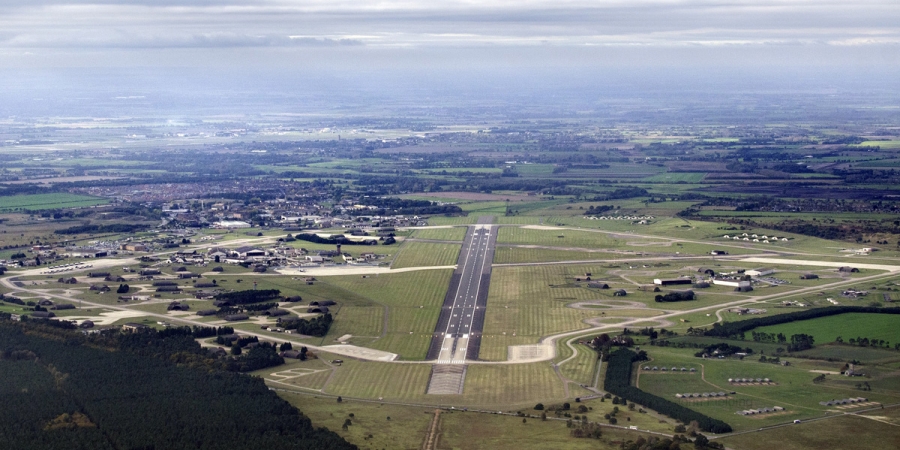
ArrayNovember 27, 2024
Multiple Drone Incursions Over UK Military Bases Spark Debate On UAPs
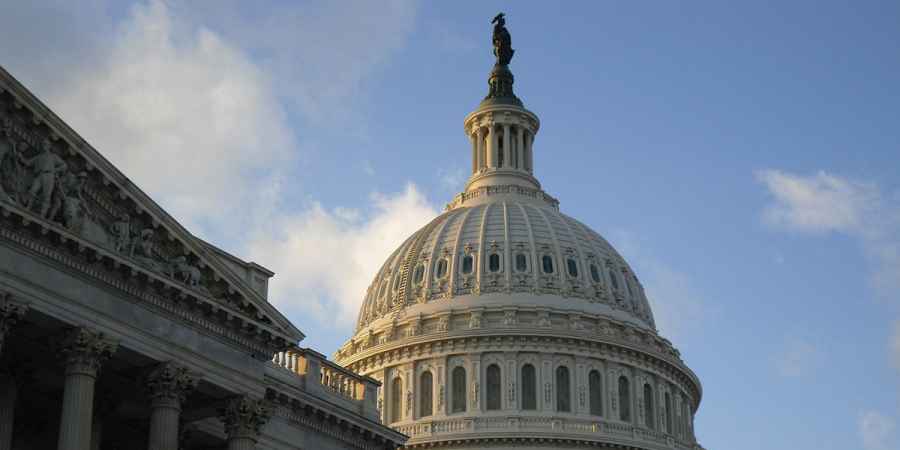
ArrayNovember 23, 2024
British Psychic Predicts Full Government Disclosure On UFOs In 2025
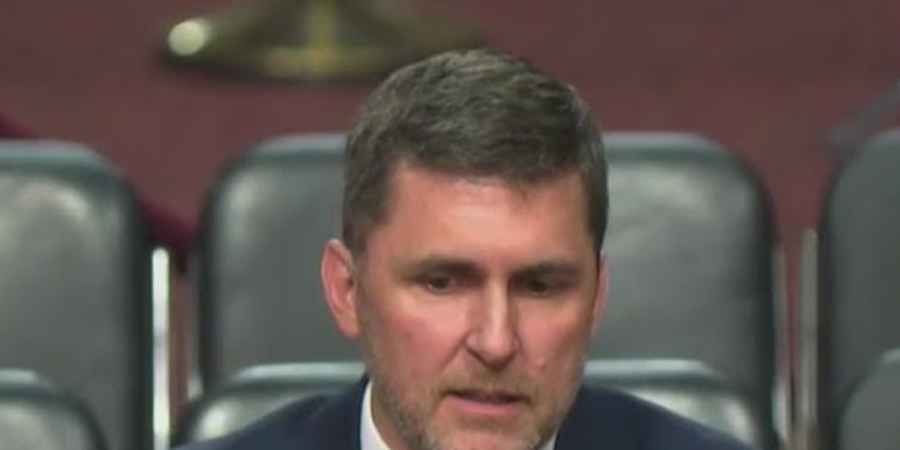
ArrayNovember 21, 2024
No 'Verifiable Evidence' Of Aliens Say Director Of Pentagon's UAP Office
Learn With Higgypop
Hosted by Paralearning in association with Higgypop, these courses on ghost hunting, paranormal investigations, and occult practices draw on the experience of our team of paranormal writers.
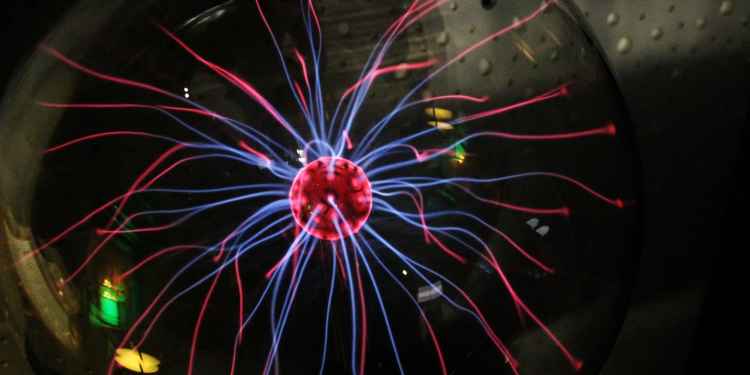
Diploma In Advanced Scientific Theory For Paranormal Investigators
This course gives you practical and useful knowledge of ghost hunting and paranormal research, which is invaluable when conducting your own paranormal investigations or as part of a group event.
View Course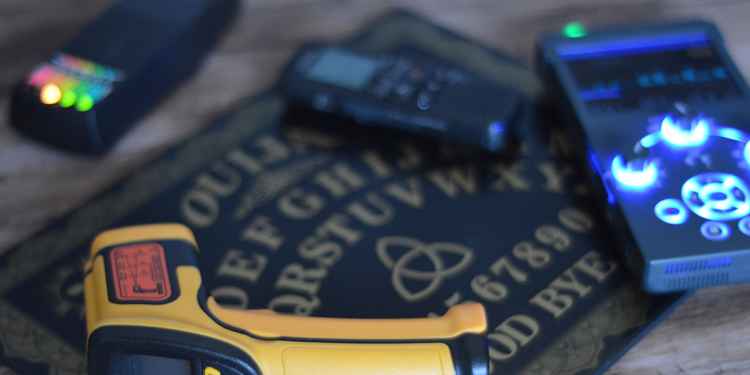
Diploma In Practical Ghost Hunting & Scientific Analysis
This course gives you practical and useful knowledge of ghost hunting and paranormal research, which is invaluable when conducting your own paranormal investigations or as part of a group event.
View CourseMore Like This
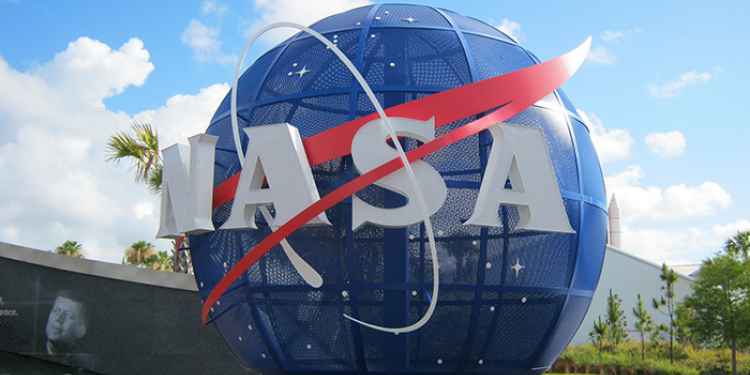
UfosApril 12, 2025
What Do Astronauts Say About UFOs?
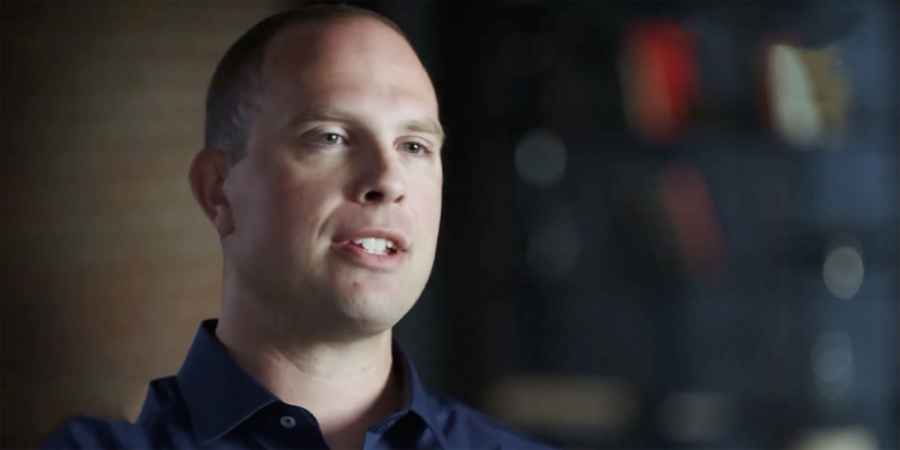
UfosApril 04, 2025
David Grusch Claims US Government Possesses Multiple "Non-Human" Craft
 See More on Audible
See More on Audible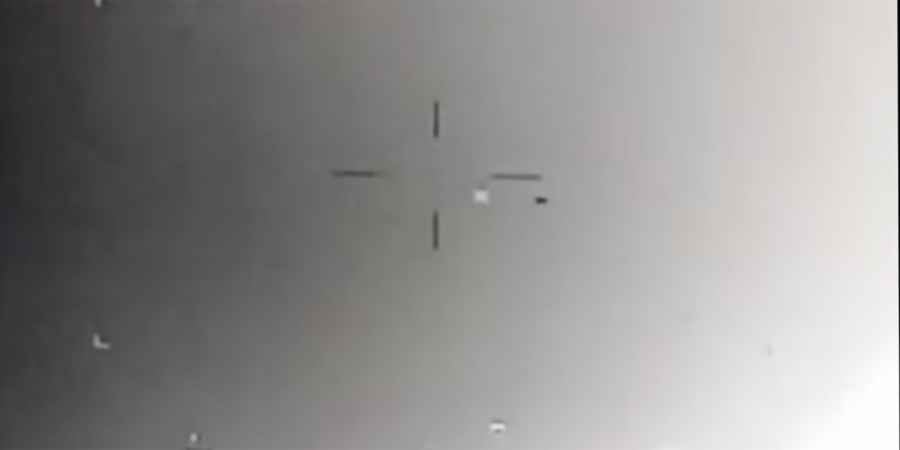
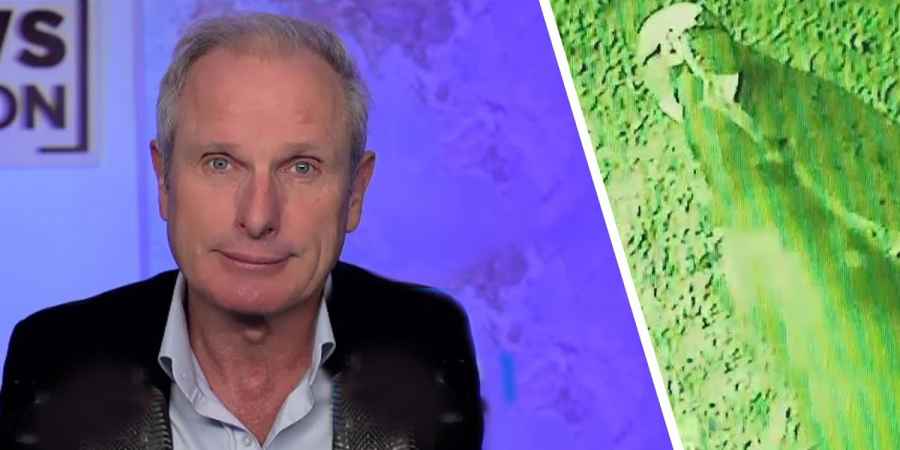

Comments
Want To Join The Conversation?
Sign in or create an account to leave a comment.
Sign In
Create Account
Account Settings
Be the first to comment.